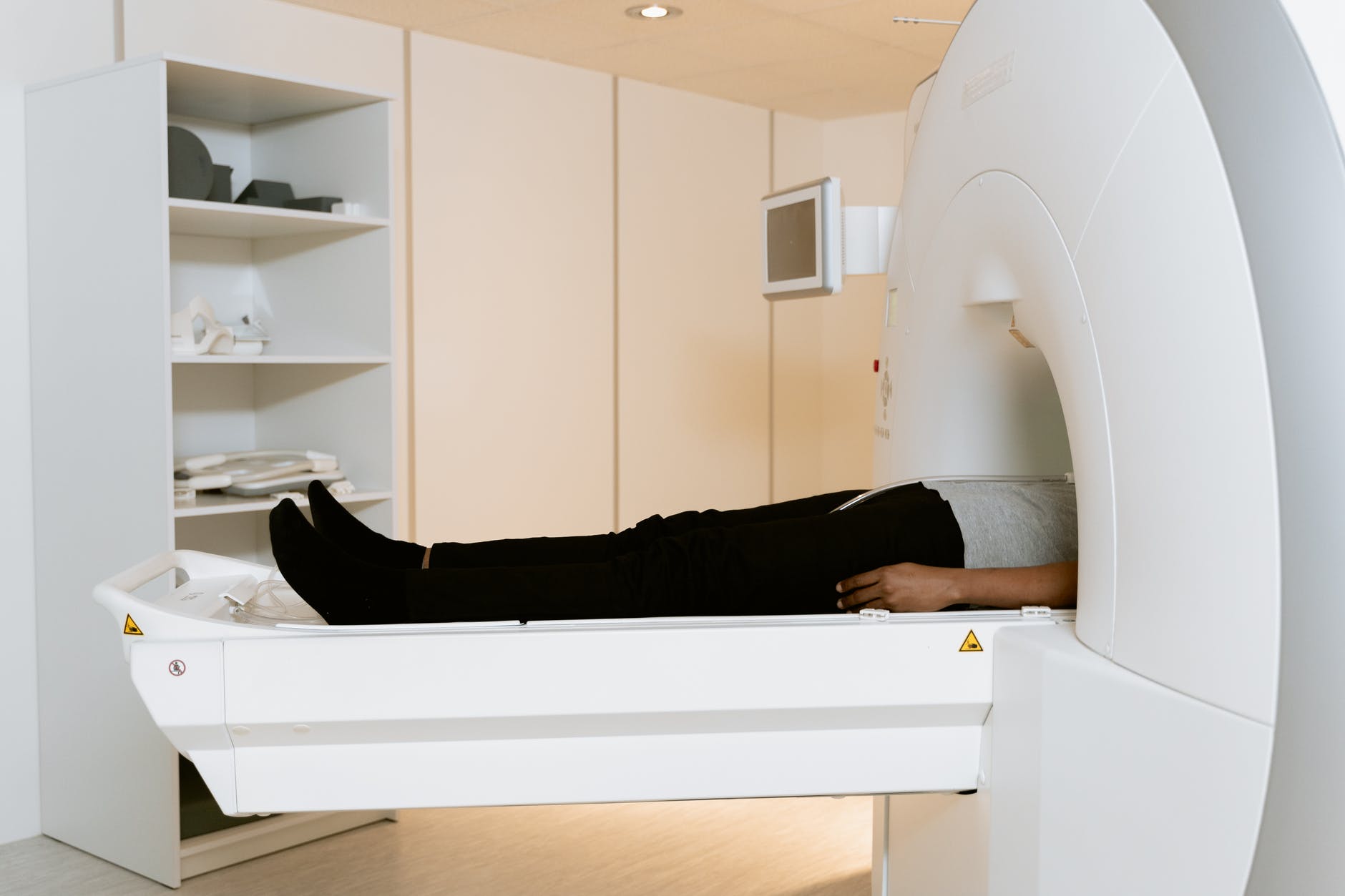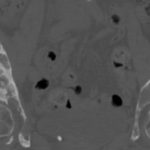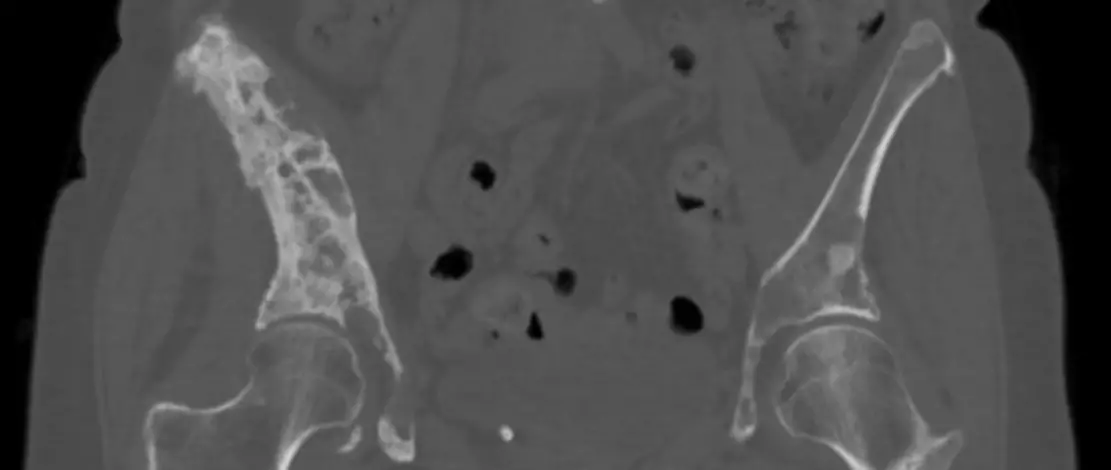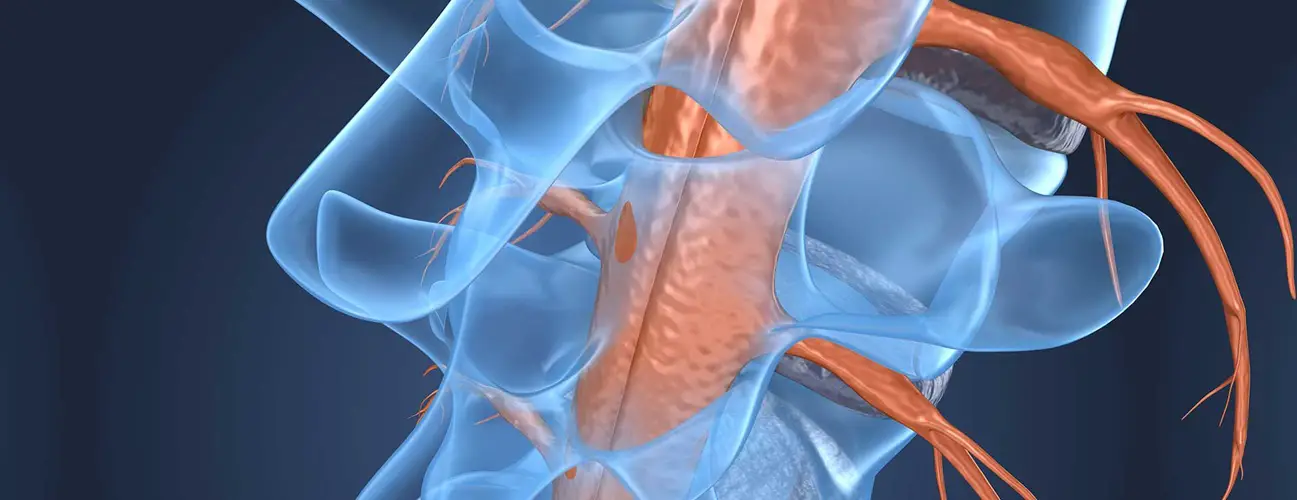Do you have stiffness of the neck ? Does it persist for more than a day or two? You may be wondering if there is a connection between the stiffness of the neck and cancer.
After all, both of these diseases can be quite debilitating. In this article, we'll explore the connection between these two conditions and help you figure out when you should be concerned.
Cervical Spine Anatomy
La cervical spine is made up of seven bones, or vertebrae, stacked on top of each other. The vertebrae are separated by fabric cushions called intervertebral discs.
The cervical spine supports the weight of the head and allows for some range of motion, including head rotation from side to side and head nodding up and down.
The bones of the cervical spine are connected to each other by a series of strong ligaments. Between the vertebrae are facet joints, which allow the vertebrae to move slightly and bend.
La spinal cord passes through the middle of the spine, surrounded by the spinal canal. There spinal cord carries messages between the brain and the rest of the body.
The bones, ligaments and muscles of the cervical spine work together to protect the spinal cord and allow a wide range of motion. When one of these structures is damaged, it can cause pain, numbness, or weakness in the neck or arms.
Focus on neck pain
One of the most common complaints doctors often hear is “I have neck pain”. Indeed, the neck pain is a very common condition that can be caused by a variety of factors.
In most cases, it is a benign and self-limited symptom, due to the activation of mechanosensitive nociceptive receptors contained in the cervical structures themselves. However, various conditions can cause or exacerbate neck pain, such as:
- Bad posture at work or studying (for example, keeping the head tilted forward for too long)
- A bad sleeping position : For example, the head resting on a pillow that is too high or too low.
- Le whiplash : it is caused by a rapid and violent movement of the head, for example during a car accident.
- muscle tension : due to stress at work or personal problems.
- Arthritis : osteoporosis, rheumatoid arthritis or degenerative disc disease can all cause neck pain.
- Degenerative diseases of the spine : osteoarthritis, herniated disc etc.
- Radiculopathy : condition caused by compression of one or more parts of the body.
- Cancer : although it is not a common cause of neck pain, it is one of the potential causes.
Stiff neck and cancer: What's the link?
Although the cancer is relatively rare, it is a possible cause of neck stiffness. Some types of cancer, such as those affecting the ears, nose and throat (ENT), can cause the muscles in the neck to swell and inflame.
This can lead to pain, tenderness and stiffness of the neck.
Some cancers, such as lymphoma or leukemia, can cause pain and discomfort in the neck and neck.
other cancersAs cancer of the pancreas, can cause compression of the spinal cord, resulting in pain, numbness or weakness in the arms and legs and may radiate to the neck.
When neck stiffness is accompanied by other concerning symptoms, such as a lump, red or white patches in the mouth, difficulty swallowing, persistent sore throat or ear, or blocked sinuses and nosebleeds, it is important to see a doctor to investigate your case further.
Several tests can be used to narrow the diagnosis and determine the best treatment. Tests to clarify the diagnosis are:
MRI (magnetic resonance imaging)
MRI is a powerful diagnostic tool that uses magnetic fields and radio waves to create detailed images of the human body.
MRI is unique in its ability to produce high-resolution images of soft tissue and bone, making it an invaluable tool for the diagnosis of a wide range of pathologies, including cancers.
The biopsy
A biopsy is a medical procedure in which a small sample of tissue is taken from the body for examination.
Biopsies are done for a variety of reasons, including to diagnose a cancer, determine the cause of an infection and assess the damage caused by a gunshot wound. The type of biopsy performed depends on the location of the tissue to be removed.
petscan
The Petscans are used to study bodily functions at the cellular level. They work by tracking the movement of positrons, which are emitted by a radioactive tracer.
The tracer is injected into the body and the positrons travel through the bloodstream to actively dividing cells.
Once they have reached these cells, the positrons collide with the electrons, producing pairs of cones. These pairs are detected by the petscan, which produces images showing how the tracer is distributed in the body.
Petscans can be used to detect cancer cells, study heart problems and brain activity. They are safe and painless, and provide crucial information that can help doctors diagnose and treat various conditions.
Stiff Neck and Cancer: When to Worry?
There are a number of other signs and symptoms of cancer that patients need to know. These include in particular:
- Unexplained weight loss
- Pain that is not of mechanical origin, such as a stabbing pain, burning, or tightness
- night sweats
- skin changes, such as redness, swelling, sores that do not heal, or changes in skin color
- Changes in bowel or bladder habits
- Fatigue or discomfort
- Fever
- Immunosuppression
Link between meningitis and stiff neck
Another condition that worries some stiff neck sufferers is meningitis.
Indeed, one of the most revealing symptoms of meningitis is a stiffness full neck. This is due to inflammation of the meninges, the three layers of protective tissue that surround the brain and spinal cord. This inflammation puts pressure on the nerves, causing pain and stiffness.
In fact, the stiffness of the neck is so closely associated with the meningitis that it is often used as a diagnostic tool. If a doctor suspects a meningitis, he usually performs a “neck exam” to see if the patient can touch their chin to their chest.
If the answer is negative, further tests are usually ordered to confirm the diagnosis.
Although the stiffness full neck is not always the sign of a meningitis, this is a symptom that should not be ignored.
Conclusion
If you have any of the symptoms listed above, it is important to consult your doctor for a further evaluation.
Although these signs and symptoms can be caused by a number of minor conditions, they can also be a sign of a cancer. Early detection and diagnosis are essential for successful treatment of cancer.











